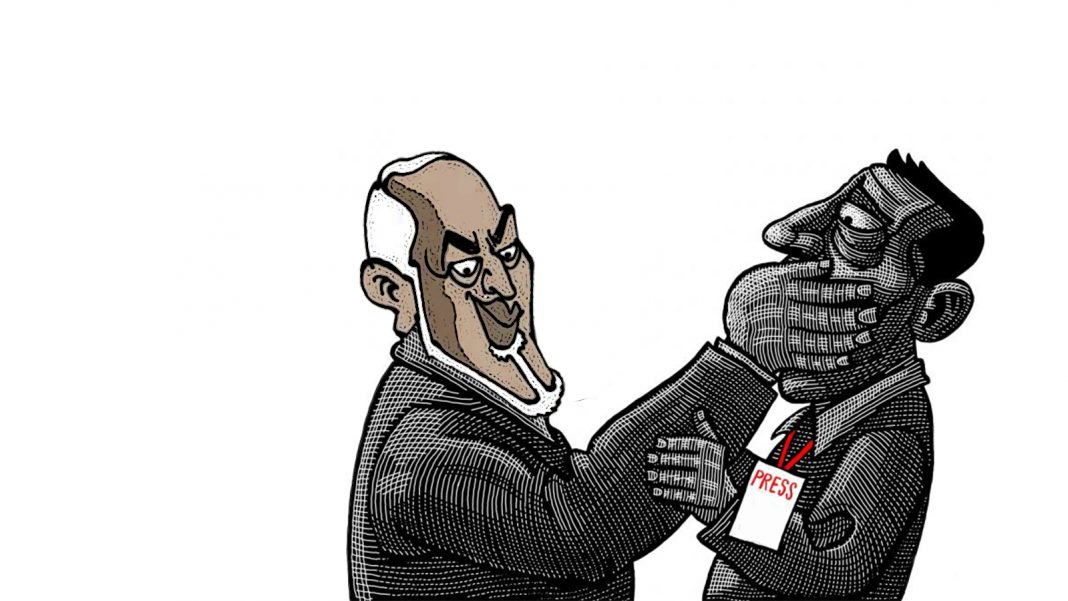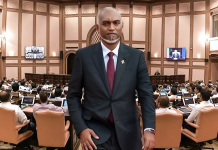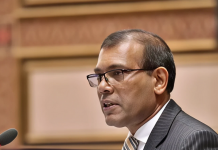The Education Ministry has decided not to disclose the number of political appointees within the ministry, arguing that such disclosure could hinder the development of government policies. This decision was made in response to a request for information filed by the news outlet Adhadhu under the right to information (RTI) law. Adhadhu had asked for the number of political staff appointed between November 17, 2023, and May 1, 2024.
Initially, on May 9, the ministry directed Adhadhu to the President’s Office website for the requested information. However, the website only lists officials above the rank of deputy minister and does not provide a complete and up-to-date list of political appointees. Adhadhu then sought a review of the ministry’s response and filed a case with the Information Commissioner’s Office of Maldives (ICOM) after the ministry did not follow up.
Following a scheduled hearing on July 18, the ministry responded again, citing Article 31(1) of the RTI law. This article allows offices to withhold information if its disclosure would “obstruct the result-based planning policy of government in a manner that achieves the goal.”
Despite the Education Ministry’s stance, 13 out of the 22 government ministries have shared their political staffing numbers with Adhadhu. The other ministries, however, have not responded. The current government, which came into power with a promise to limit the number of political appointees to 700, is now believed to have around 2,500 such appointees.
The government has consistently delayed or refused to release the number of political appointees. Recently, a motion submitted to the Parliament by opposition MPs to address this issue was dismissed by the PNC super majority.


















